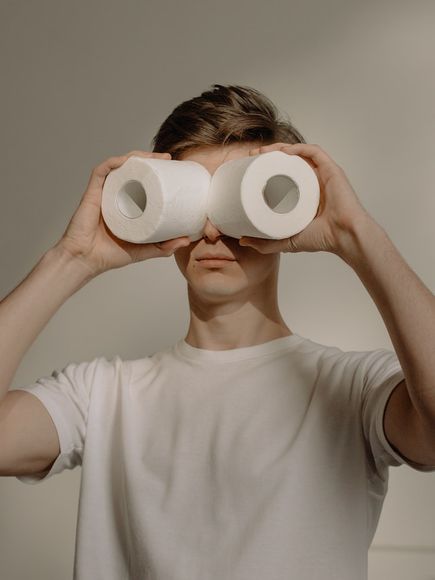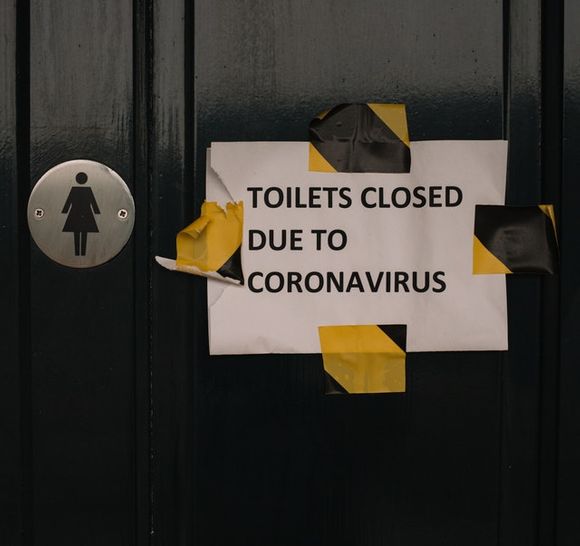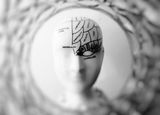Author: Rositsa Tashkova, Master of Molecular Biology and Microbiology
Have you ever dreamed that you unsuccessfully seek a toilet, and you always find one that is closed, dirty, too narrow, without a door, turning into a stage, with floor-to-ceiling windows, suddenly a lot of people come in, or instead of a door there is a curtain? Well, you are not alone if you recognize yourself in any of these scenarios.
Why this happens can be the subject of psychology or neuroscience. However, the curious topic has not been reflected in many scientific articles - but here's what we know about these dreams.
There are several hypotheses about what causes these dreams
- External incentives;
- Internal incentives;
- We dream of something that we often experience or worry about.
In his article "Toilet dreams: An incorporation of waking-life memories?" [ref. 1], author Michael Schredl of the Central Institute of Mental Health in Mannheim, Germany, writes:
"At the end of the 19th century, the view that external and internal stimuli were those that triggered such dreams was very popular, while Freud had a different opinion on the subject. He recounts a dream of his own in which he travels on the night train and at one point sees another man urinate. He woke up from this dream with a strong need to visit the toilet. Because it was very unusual for Freud - waking up in the middle of the night to use a toilet, and the associations in the dream were related to two children's episodes of his life - he suggested that his desire to go to the toilet was dictated solely by the dream, not because of a real physiological need."

What are these external and internal incentives
Music or sound that we hear while sleeping may be considered as an external stimulus that interferes with sleep and becomes a part of the dream - our brain finds a place for the stimulus in the scenario it creates while dreaming. In people who suffer from nocturnal urination (nocturnal enuresis or urinary incontinence), a wet bed can serve as a stimulus for toilet sleep. The interesting thing about these people is that sleep comes hours after involuntary urination, not before or during this event. i.e. the stimulus is external.
It's an internal stimulus is to really need to go but your brain puts you in situations where this can't happen and so try to wake you up and alleviate your physiological need in real life.
Michael Schredl conducted his own research on the subject and found that almost always in these dreams the dreamer is located outside their home in search of a toilet - at work, in a bar, in a public building, and very often these toilets were completely unrealistically constructed, that is, they do not reflect something that the dreamer has already experienced in real life, but visiting a toilet outside the home can be a concern for many people, albeit unconscious.

He also writes: "Another argument against explaining toilet dreams by simply plugging in [in the dream of the real need for] urination is the fact that only about 20% of dreams end in unmet need, while more often the plot of dreams simply overflows into other subjects and does not lead to awakening. On the other hand, it can be argued that the urge to urinate can be present throughout the night, or at least in the second part of the night, but this line of thought does not explain why only about 2.5% of dreams involve this topic."
According to psychologist Dr Ann Faraday, dreams in which a person searches for a toilet and can't find a normal one hint at depressed feelings - for which the subconscious gives us signals. [ref. 2]
It seems that the exact cause of such dreams is not clarified, and perhaps everyone has their reasons to dream for a covenant toilet. The human subconscious is delicately intertwined with our consciousness and existence, and its depths are not yet sufficiently explored and familiar, despite thousands of attempts to do so. What will the future reveal to us?









